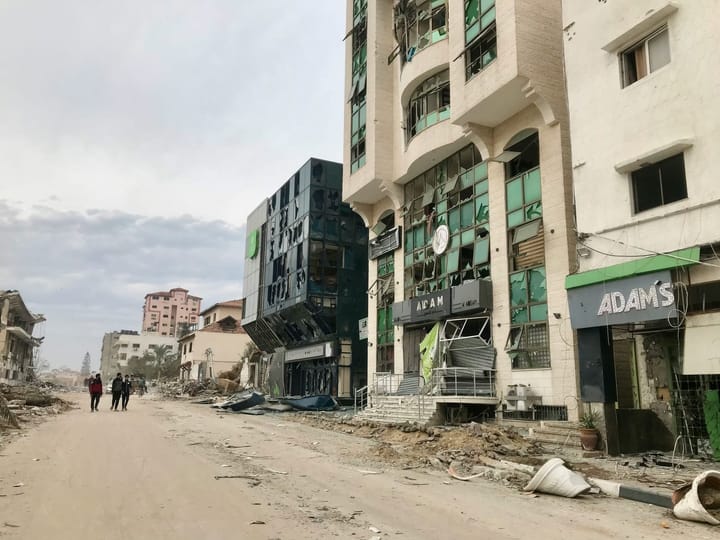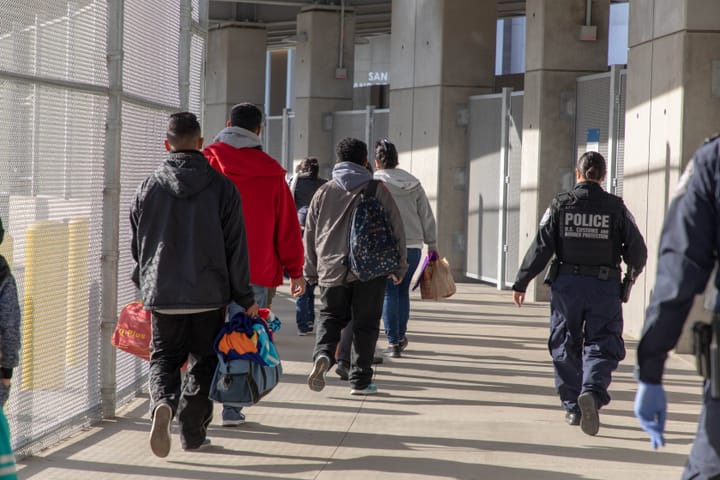Leir Migration Monitor: Diplomacy, Evidence, and Multilateralism in Migration Policymaking
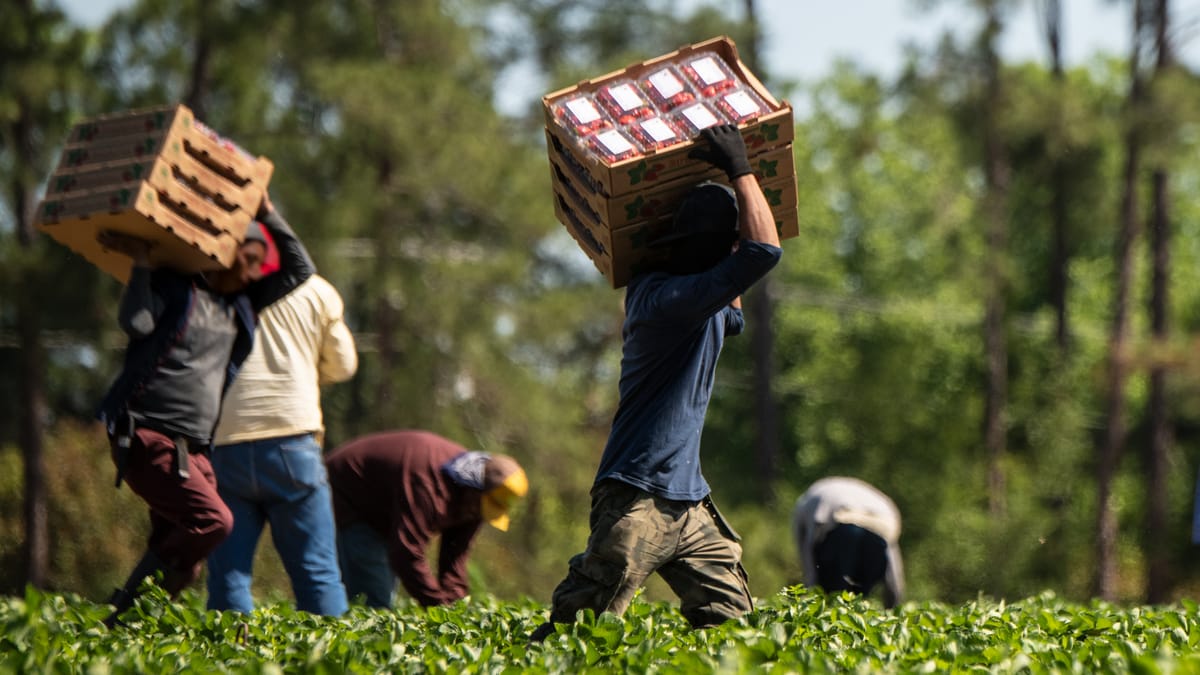
Migration Diplomacy and Greek–Turkish Relations: A Three-Level Game Analysis
Article for the February 17th, 2025 edition of International Migration Journal, by Leir's Senior Fellow Dr. Gerasimos Tsourapas.
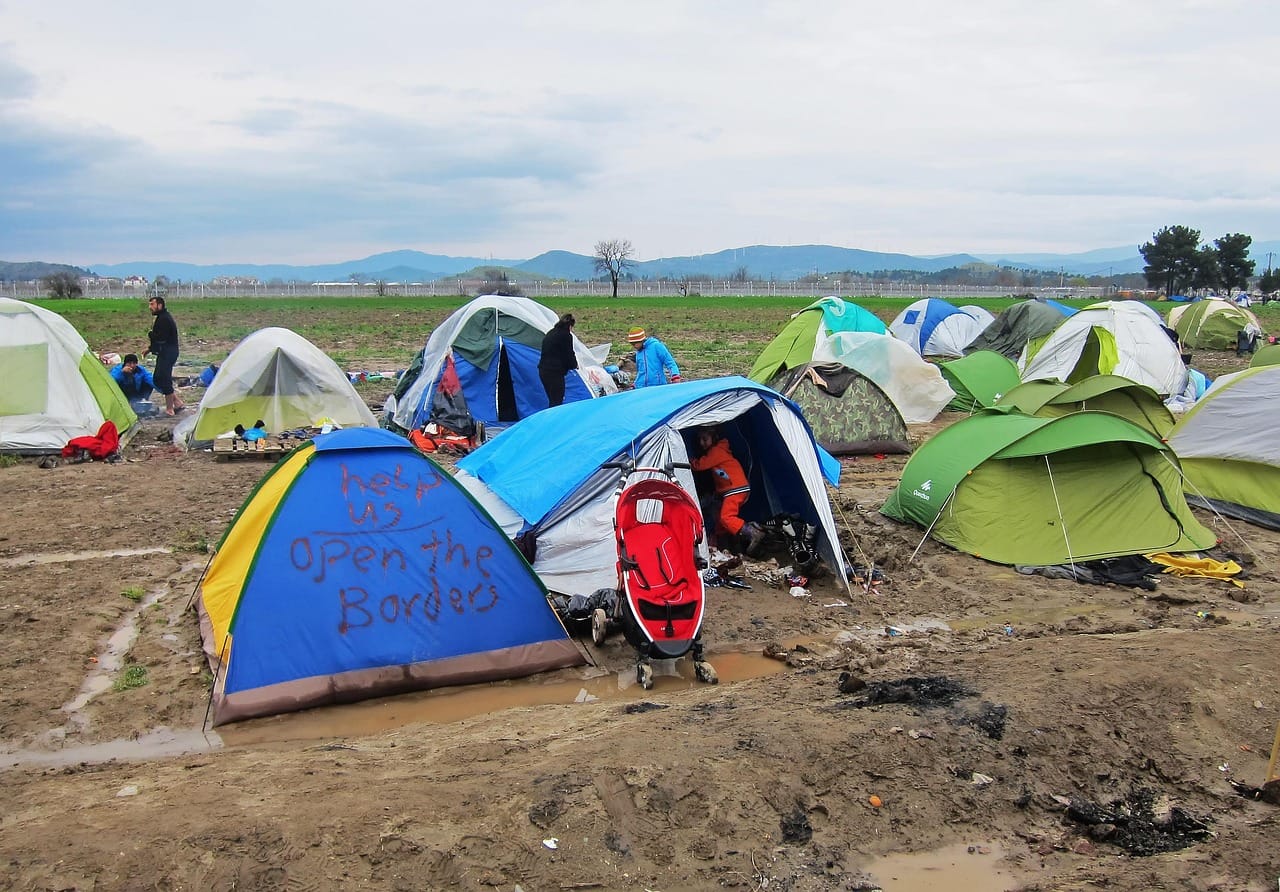
Migration diplomacy is an increasingly important but understudied part of global politics. This article proposes a new three-level game framework to analyze how states use cross-border mobility in domestic, bilateral, and supranational arenas. Using the 2020 Greek–Turkish border crisis as a case study, it shows how internal politics, bilateral disputes, and European institutions shaped each government’s strategy. Drawing on policy documents, media, and interviews, the study reveals how migration crises serve as tools of geopolitical competition. The framework is also applied to Morocco–Spain, Tunisia–EU, and Belarus–EU, offering fresh insight into how migration diplomacy reflects and drives today’s power dynamics.
Read more of Gerasimos Tsourapas' article here
Migration Is the Key to Global Prosperity
Article published on the September 15th, 2025 edition of Project Syndicate, by Carlos Alvarado Quesada, former President of Costa Rica and Senior Fellow at the Leir Institute and Leir's Director Katrina Burgess.
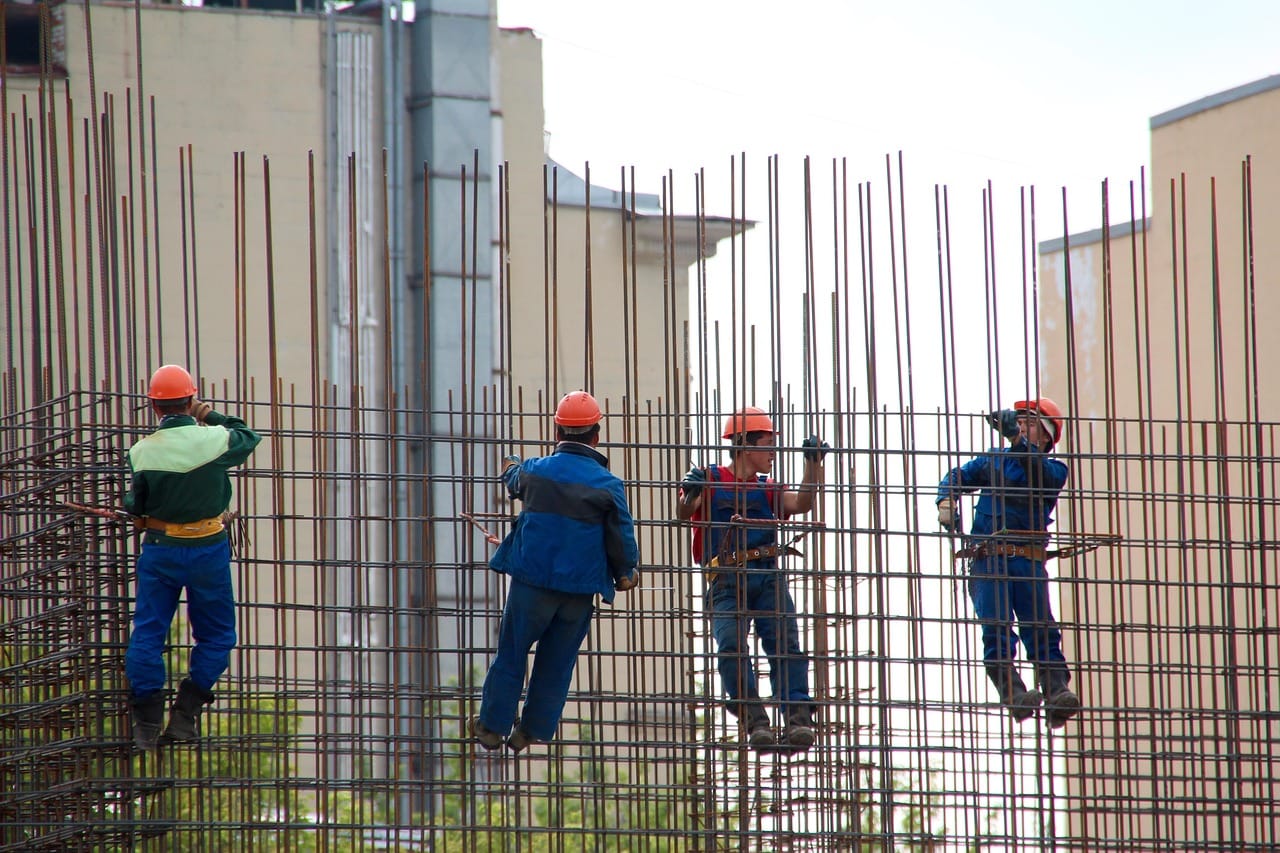
Migration debates in democratic societies are increasingly driven by false narratives and fear-mongering rhetoric rather than facts. This neglect of empirical evidence results in misguided policies, missed opportunities, and negative feedback loops.
Drawing on a fact-based policy report commissioned by Club de Madrid, the world’s largest forum of democratic former heads of state, Alvarado Quesada and Burgess reframe migration as an opportunity for economic growth, stronger democracies, and international cooperation. They argue for including the perspectives of all stakeholders and for building global and regional partnerships among origin, transit, and destination countries.
They note that, "as with monetary policy, the more that migration policymaking can be moved from partisan political arenas to independent, evidence-bound institutions, the better."
Read more of Burgess and Alvarado Quesada's article:

Securitization Without Security Project: Notes from the Field Series
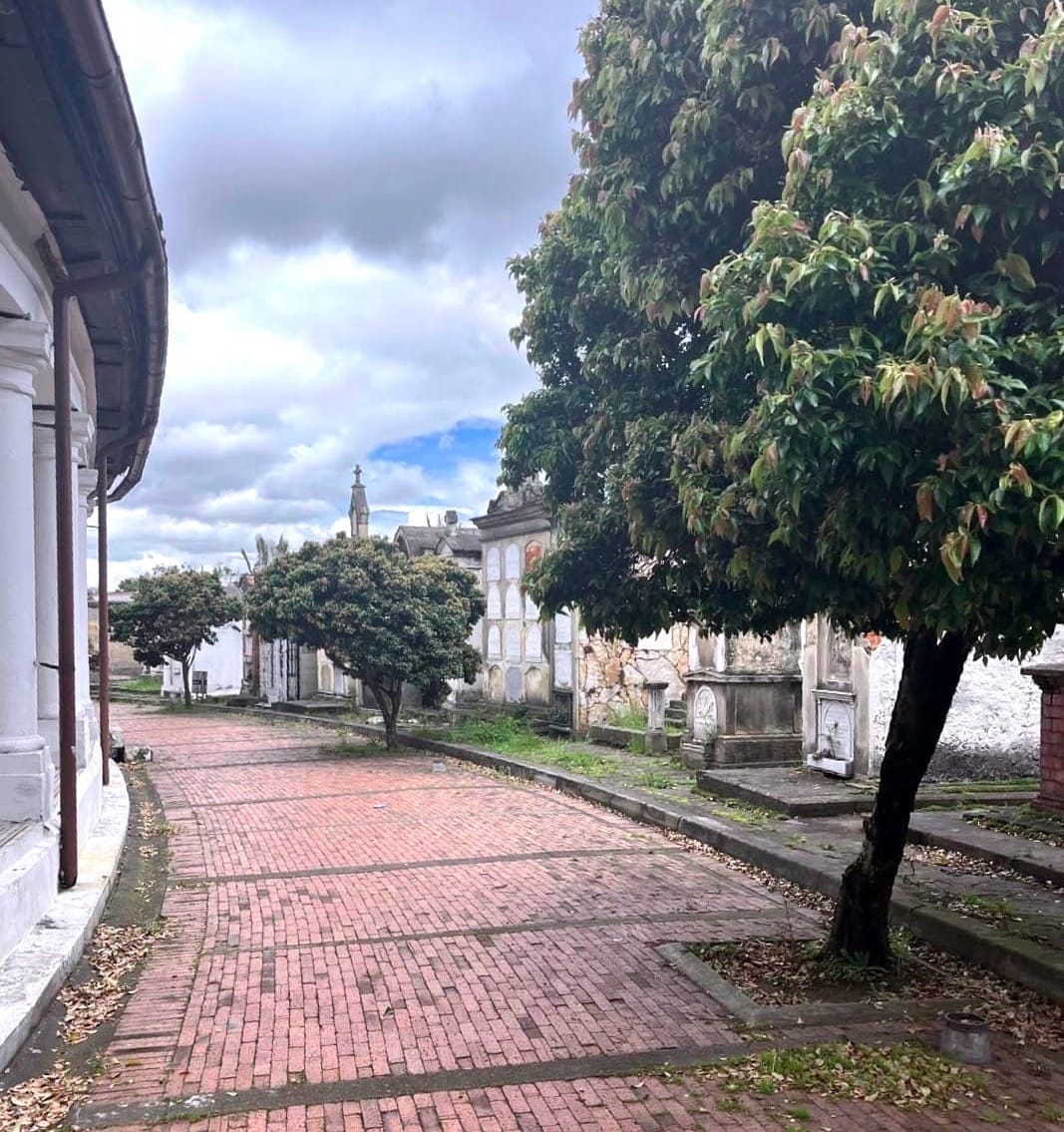
We are delighted to introduce Securitization Without Security: How Migration is Shaping the Global Order - Notes from the Field, a series authored in part by Fletcher students drawing on their summer field research in Colombia, Panama, Costa Rica, and Mexico.
The series opens with its first entry, Migration, Visibility, and Urban Margins in Santa Fé, by Sarah Neubecker, a second-year MALD candidate at the Fletcher School at Tufts University, published on the Securitization Without Security project website on July 9, 2025.
The series will continue with additional contributions from Fletcher students, as well as from Dr. Samet Apaydın, one of the project’s research assistants, who shares his field research in Turkey in the final two entries.
Read Note From the Field #1 here:

Spotlight: Sarah Titus, F05

Sarah Titus holds a Master of Arts in Law and Diplomacy (MALD) from the Fletcher School at Tufts University, where she focused on International Human Rights Law and Refugee and Migration Studies. While at Fletcher, she served as a research assistant to Professor Karen Jacobsen, conducting livelihoods research with Angolan refugees living in camps in Zambia. After completing her degree, Sarah joined the U.S. Committee for Refugees and Immigrants, managing a State Department program to resettle refugees across the United States. She then spent more than sixteen years at Save the Children, leading global food security and resilience initiatives—building high-performing teams, forging strong partnerships, and delivering measurable results in some of the world’s most challenging contexts.
Sarah lives in Washington, D.C., with her husband and two teenage sons. When not working, she can often be found running in Rock Creek Park, cheering her boys on at various sporting events, or learning (slowly) how to care for her small yard.
Current Role: Deputy Director, Strategic Operations at UNICEF USA
I am working on: I recently began a new role as Deputy Director of Strategic Operations at UNICEF USA. In my first few months, I’ve been diving into the organization’s 2026–2028 strategy and divisional operating priorities to help shape the FY27 operating plan. My team works across business divisions to strengthen alignment, collaboration, and accountability so that we can maximize our impact for children everywhere.
Of top priority is finding the right balance between ambition and practicality—identifying clear, meaningful performance indicators that tell us whether we are on track to achieve our goals. At UNICEF USA, we are relentless in our drive to ensure that every child is healthy, educated, respected, and protected.
An insight I’ve discovered: The past ten months have reminded me how extraordinarily resilient and committed the humanitarian assistance community is—both the experts in the field and the communities they serve. We’ve seen the elimination of life-saving programs, cuts to critical research, and harmful rhetoric about the impact of work led by agencies like USAID, international NGOs, and UN partners. It’s been devastating to witness the ripple effects on lives and livelihoods around the world.
Yet amid this loss, I’ve been deeply moved by how people have mobilized to support one another. Former agency staff and contractors have archived decades of valuable data removed from federal websites and created new public repositories. Foundations, corporations, and private donors have stepped up to help close the widening foreign aid gap. Professional networks have rallied around thousands of displaced colleagues—many of whom are now bringing their expertise to new roles across the public and private sectors.
There is no returning to “normal” for the humanitarian aid sector, but there is hope. What stands out to me is not just the unwavering commitment to help those in need, but the determination to do what we have always done in times of crisis: build back better.
I’m passionate about: Across all my roles—in strategic planning, food security, refugee resettlement, and even as a parent and community volunteer—I’ve been driven by a single goal: bringing people together to solve problems and strengthen the systems that support families and communities. I’m passionate about listening and creating space for people to voice their concerns, needs, and, most importantly, their solutions.
I love being a connector—linking people to information, resources, and one another to spark collaboration. Over the years, I’ve seen that when you create safe, inclusive spaces for discussion and experimentation, you can achieve ambitious, lasting change.



